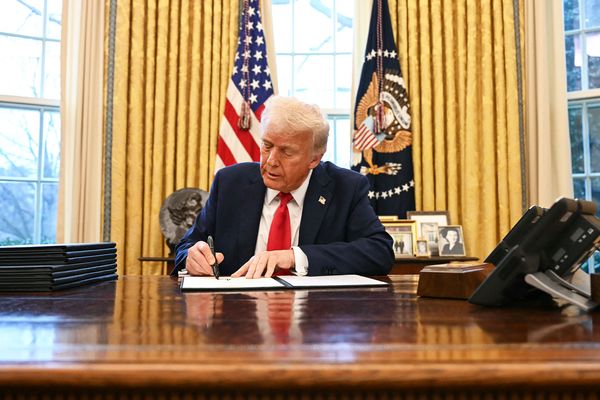
Panama's National Assembly approved a bill regulating the use and commercialization of cryptocurrencies such as Bitcoin (CRYPTO: BTC). The country serves as a hub of offshore financial services.
What Happened: According to a Friday Reuters report, the bill allows private and public use of cryptocurrencies and even enables people to pay their taxes in digital assets. Experts purportedly warned that it could worsen Panama's reputation as a place lacking financial transparency, already heightened by its presence on the European Union's list of tax havens and the infamous Panama Papers.
Independent lawmaker and promoter of the bill Gabriel Silva said Panama's legislation is broader in scope, even more than the measures that made Bitcoin legal tender in El Salvador. He highlighted "the emergence of many different types of crypto assets like works of art" and explained this is "why we didn't want to limit ourselves only to cryptocurrencies."
Panama's bill covers the trading and use of cryptocurrencies, the issuance of digital securities, new payment systems and the tokenization — cryptospeak for representing a blockchain token — of precious metals. The new rules allow locals to pay in cryptocurrency for any civil or commercial operation not prohibited by law in the country.
Romain Dromard, chief executive officer at financial investment advisory firm K&B Family Office, warned "Panama was already in a bad position and these payment methods skip the due diligence processes that international organizations are asking Panama to embrace." Despite this, the bill passed with 38 votes in favor, two abstentions and no votes against.
Photo: Luis Gonzalez on Unsplash







